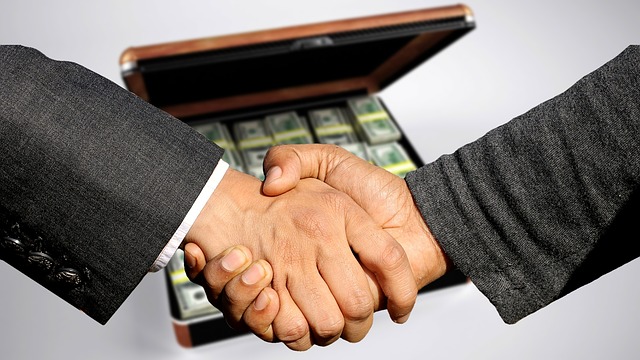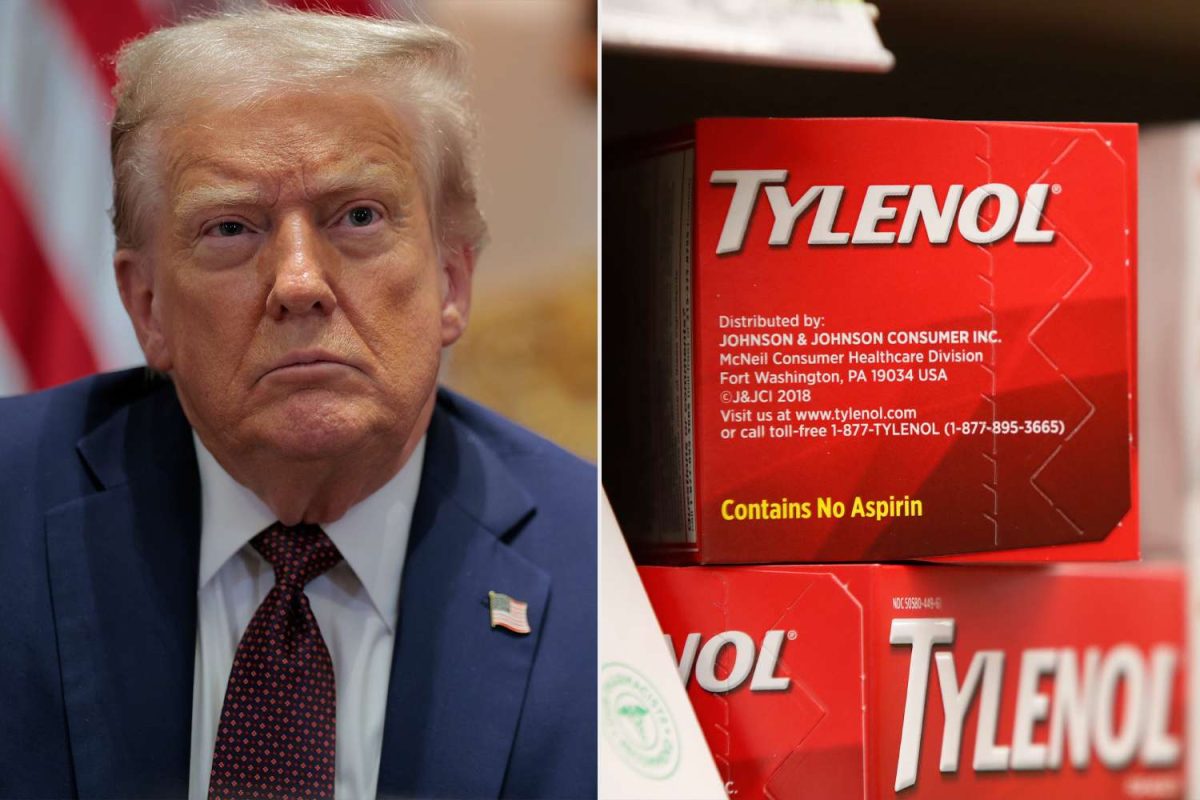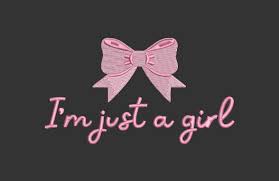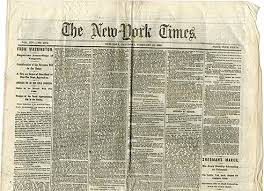It is an unforsaken truth that this so-called “pretty privilege” is a real thing. Pretty Privilege is defined in the dictionary as “an unearned and mostly unacknowledged societal advantage that a person has by fitting into the beauty standards of their culture.” Or, in simpler terms, advantages for those who reach beauty standards.
Pretty Privilege has recently become a serious presence in high school. Students are connecting with people they may be friends with for the rest of their lives and navigating their social life. Based on campanile.org, Salvatierra said, “Your entire (high school) experience can be more positive (if you’re more attractive) because people will treat you better by either associating with you to increase their social status or wanting to get on your good side since pretty people are seen to have more power in society,” I think it’s crucial to understand that pretty privilege encompasses more than just whether people find your face attractive, but if your body fits the slender body standard. “A lot of pretty privilege stems from white supremacy, but also beauty privilege is a manifestation of the patriarchy,” Salvatierra said. “I think that, in particular, women are seen as pretty if they fit the pretty image that a patriarchal society wants them to fit.” She asserted that men are unable to experience the exact extent of privilege compared to women. This is because men set the standard with their ideals of beauty, which allows girls to receive that mindset of pretty privilege, which can influence one’s relationship opportunities. We must attempt to live more peacefully with the knowledge that we are biased, as it is part of the human condition.
You would also think that a person’s physical appearance would only have minor advantages in the criminal justice system, but unfortunately, that isn’t the case. One study suggested that the effects of physical appearance on judges were so influential that they fined attractive criminals 304.88% higher than attractive criminals. There have been 27 studies on why attractive people win in the legal system. Some key takeaways of those studies state that attractiveness had little to no effect on the judge’s verdict, but one’s look influences the mock jurors. Mock jurors have sentenced unattractive criminals significantly higher than attractive criminals. Fortunately, we know jurors do not determine sentencing in real court cases. An example of attractiveness bias in the legal system includes the study of misdemeanors. Researchers found a serious connection between a criminal’s attractiveness and sentencing outcomes in that study. The case study was formed by “gathering a group of police officers and students to rate the attractiveness of over 2000 criminals. A scale of 1 – 5 was used, and their ratings were mostly similar. Then, the judge’s sentencing decisions were divided into two main categories: misdemeanors and felonies.” The results were graphed below: 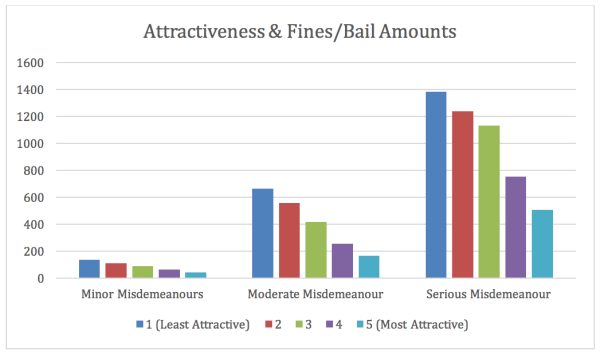
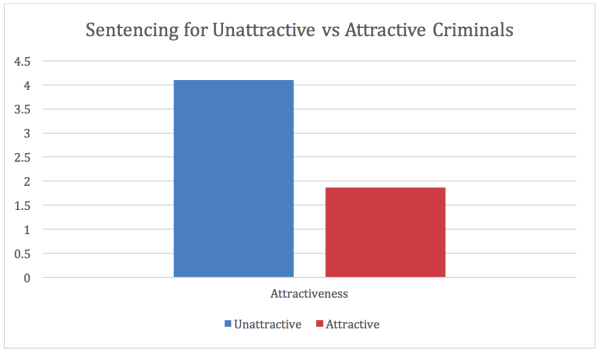
Despite these studies, I believe the bias toward appearance is rarely deliberate. There isn’t strong evidence that unattractive people are not intentionally being disfavored.
In addition to the criminal justice system, does pretty privilege exist in the workplace? The answer is yes. Privilege can manifest itself through many different aspects of the workplace. That can include the hiring process and promotions. According to an article on appearance discrimination, writers stated, “conventionally attractive people are more likely, when other qualifications are equal, to be offered a job.” Once hired, those pretty people “make up to 10-15% more money than their similarly qualified peers.” The bottom line is that discrimination against those who are deemed to be conventionally attractive can result in less desirable and unfair consequences for workers. Pretty privilege is becoming an unspoken but rising advantage for many people. Unfortunately, that is the reality of the complex dynamics in the workforce, so while it may appear superficial, pretty privilege can have a big impact on a person’s work experience, opportunities, and career path that relates to their overall experience in the professional world.
Although the gender that revolves around pretty privilege can be majority female because of how femininity has developed over the years, men still struggle with this issue as well. This issue has been relevant beyond our knowledge of humanity; for example, in ancient Greece or Rome, the Greeks idolized athleticism and harmony in the bodily figure, celebrating those who fit the standard as a “work of art.” In medieval Europe, men with physical beauty were automatically in a higher social status or position than the rest. Even today, our impressions are based on appearances, as first impressions are shaped by what we see, and judgments influenced by looks are nearly instantaneous.

